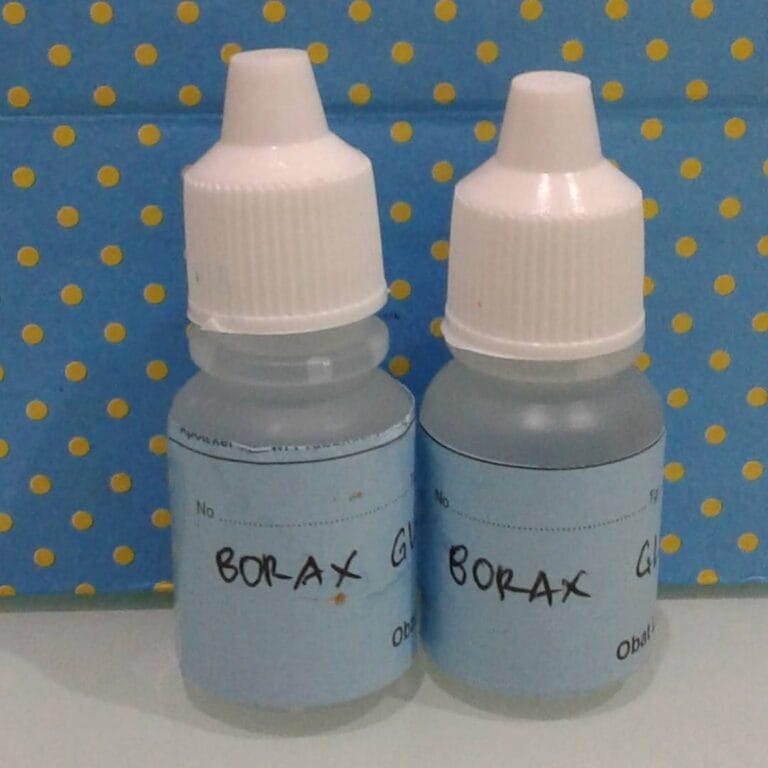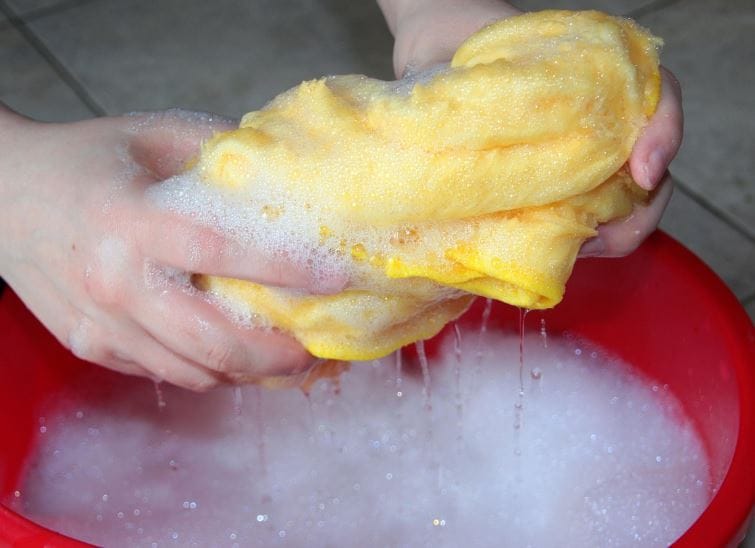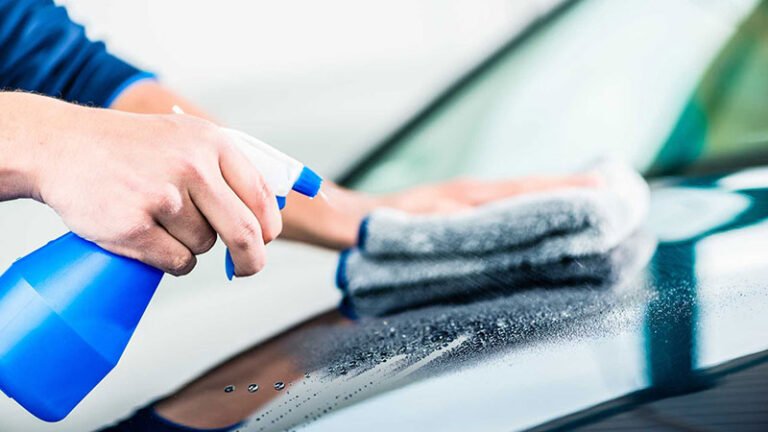Homemade Citrus Enzyme Cleaner and Scrub: A Natural, Eco-Friendly Cleaning Powerhouse

In today’s world, more people are turning to natural, sustainable alternatives to harsh chemical cleaners. One of the most effective and versatile DIY solutions is homemade citrus enzyme cleaner and scrub. Not only is it eco-friendly, but it’s also cost-effective, easy to make, and incredibly powerful at cutting through grease, grime, and odors.
This comprehensive guide will walk you through:
- The science behind citrus enzyme cleaners
- Step-by-step instructions for making your own
- Creative ways to use citrus enzyme cleaners and scrubs
- Benefits over commercial cleaners
- Tips for maximizing effectiveness
By the end, you’ll have everything you need to ditch toxic chemicals and embrace a greener, healthier cleaning routine.
What Is a Citrus Enzyme Cleaner?
Citrus enzyme cleaners are fermented solutions made from citrus peels, sugar, and water. Through a natural fermentation process, beneficial enzymes and acids break down organic matter, creating a powerful, non-toxic cleaner.
How Does It Work?
The fermentation process produces:
- Citric acid – Cuts through grease and mineral deposits
- Enzymes (protease, amylase, lipase) – Break down proteins, starches, and fats
- Natural alcohols – Act as disinfectants and deodorizers
Unlike commercial cleaners that rely on synthetic chemicals, citrus enzymes are biodegradable, safe for pets and kids, and gentle on surfaces.
Why Use Citrus Enzyme Cleaner?
1. Non-Toxic & Safe for the Whole Family
Most store-bought cleaners contain ammonia, bleach, and phthalates, which can cause respiratory issues, skin irritation, and long-term health risks. Citrus enzyme cleaners are 100% natural and free from harmful chemicals.
2. Eco-Friendly & Zero Waste
Instead of tossing citrus peels, you upcycle them into a useful product. The cleaner is biodegradable, reducing water pollution compared to conventional cleaners.
3. Cost-Effective
A single batch costs pennies compared to expensive store-bought cleaners. All you need are leftover peels, sugar, and water!
4. Multi-Purpose Cleaning Power
From kitchen degreasing to bathroom scrubbing, this cleaner tackles:
- Grease and oil stains
- Hard water deposits
- Mold and mildew
- Pet odors
- Carpet stains
- Laundry booster
How to Make Homemade Citrus Enzyme Cleaner
Ingredients You’ll Need:
- Citrus peels (oranges, lemons, limes, grapefruits)
- Brown sugar or molasses (feeds the fermentation)
- Water (filtered or distilled works best)
- A large glass or plastic container (avoid metal)
Step-by-Step Instructions:
1. Collect Citrus Peels
Save peels from oranges, lemons, or grapefruits. Avoid wax-coated peels (opt for organic if possible).
2. Mix the Ingredients
- Ratio: 1 part sugar : 3 parts peels : 10 parts water
*(Example: 100g sugar + 300g peels + 1000ml water)* - Dissolve sugar in water, then add peels.
3. Ferment for 3 Months
- Store in a cool, dark place.
- Release gas daily for the first week (fermentation produces CO₂).
- After 3 months, strain the liquid—your cleaner is ready!
4. Optional Enhancements
- Add vinegar for extra disinfecting power.
- Mix with baking soda for a scrub.
- Infuse with essential oils (tea tree, lavender) for fragrance.
Homemade Citrus Enzyme Scrub
For tougher stains, make a citrus scrub by combining:
- 1 cup baking soda
- ½ cup citrus enzyme liquid
- 5-10 drops essential oils (optional)
Use this paste to scrub:
- Sinks & tubs
- Oven grease
- Grout stains
10 Genius Ways to Use Citrus Enzyme Cleaner
- All-Purpose Spray – Dilute 1:10 with water for countertops, glass, and floors.
- Dishwasher Rinse Aid – Add ¼ cup to reduce spots.
- Laundry Booster – Add ½ cup to boost stain removal.
- Garbage Disposal Freshener – Pour a small amount to eliminate odors.
- Weed Killer – Undiluted, it kills weeds naturally.
- Pet Stain Remover – Neutralizes odors on carpets.
- Fruit & Veggie Wash – Removes pesticides.
- Air Freshener – Spray diluted solution to freshen rooms.
- Grill Cleaner – Cuts through burnt-on grease.
- Toilet Bowl Cleaner – Mix with baking soda for scrubbing.
Frequently Asked Questions
Q: How long does citrus enzyme cleaner last?
A: Up to 6 months when stored in a cool, dark place.
Q: Can I use white sugar?
A: Brown sugar or molasses works best—it feeds the microbes better.
Q: Why is my cleaner smelly?
A: A vinegar-like scent is normal, but a rotten smell means contamination—discard and restart.
Q: Can I speed up fermentation?
A: Yes! Adding a bit of existing enzyme cleaner (as a starter) can reduce fermentation time.
Final Thoughts: A Greener Clean Starts at Home
Switching to homemade citrus enzyme cleaner and scrub is a small change with big benefits—for your health, wallet, and the planet. With just a few simple ingredients, you can create a powerful, all-natural cleaning solution that outperforms many commercial products.
Ready to try it? Start saving those citrus peels today and join the movement toward sustainable, toxin-free living!







